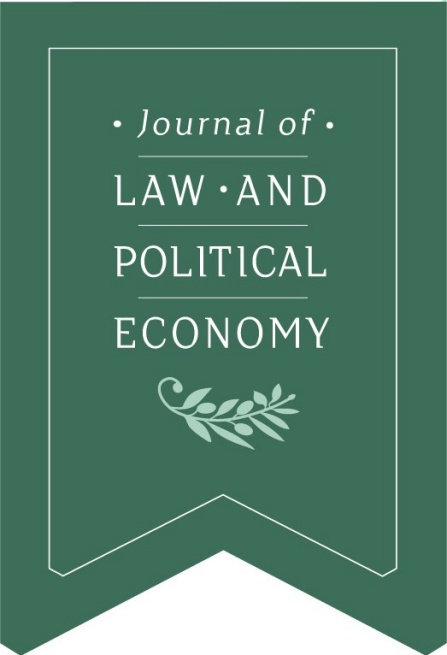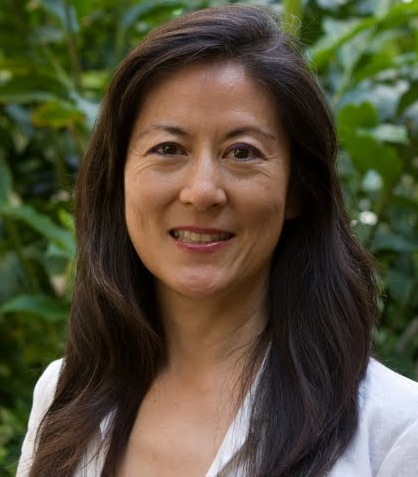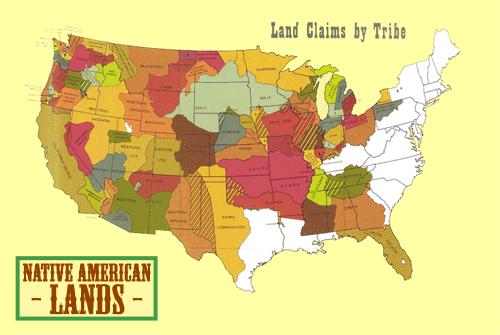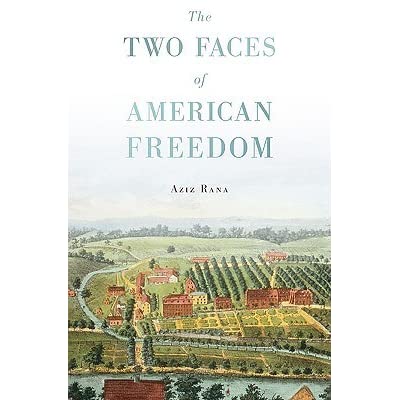
What Makes the Republic Neoliberal?
This post is part of our symposium on The Neoliberal Republic by Antoine Vauchez and Pierre France. Read all posts here. Like many other new shiny things, it ended with disappointment. Emmanuel Macron’s victory in 2017 was hailed as the advent of ‘le nouveau monde’ vis-à-vis the old political elites—a glimmer of hope in the…







